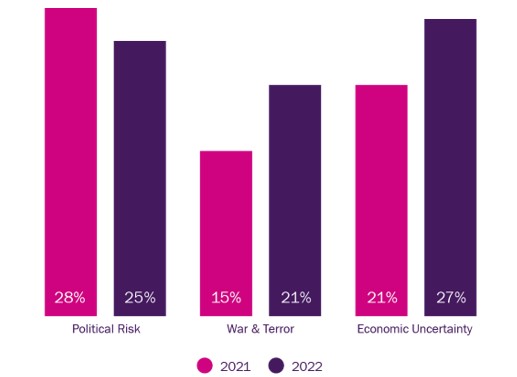Among the 200 largest worldwide insurers, fewer than 25% have truly digitalised the value chain, while more than 10% are not appreciably leveraging digital technologies within their current business processes.
So says insurance standards-setting body ACORD’s 2022 Insurance Digital Maturity Study, which suggests that more than half of the insurers polled are still exploring how digitalisation can be applied against their business model.
ACORD’s study assessed each company’s digital maturity relative to its peers; compared the extent of digital capabilities with the level of value creation; and identified the issues, implications and most importantly, execution imperatives around successful digitalisation. The findings provide a framework for identifying deficiencies and targeting key improvements.
“The global pandemic amplified existing market forces, accelerating transformation that was already underway at forward-thinking organisations,” said Bill Pieroni, president and CEO of ACORD. “The industry saw changes in ten months that may have otherwise taken ten years. The gap between those who have been prioritising digitalisation and those who have systematically underinvested, is now impossible to ignore.”
The ACORD Insurance Digital Maturity Study found that companies that embrace digitalisation to create new, technology-enabled operating models throughout the organisation significantly outperformed others in the industry, driving improved value creation.
The findings include an unambiguous correlation between digital maturity and increased financial performance, as measured by both Total Shareholder Return and Indexed Relative Profit.
The study also found that the performance gap between highly digitalised insurers and laggards has continued to grow year-over-year, accelerated by the global pandemic.
Strategic intent is meaningless without accompanying resource allocation,” Pieroni added. “Insurers must not only embrace the digitalisation imperative – they must devote the critical mass of time, talent and budget to digital investment. Aligning technology, process, organisation and strategy is a prerequisite for high performance in the industry moving forward.”
Printed Copy:
Would you also like to receive CIR Magazine in print?
Data Use:
We will also send you our free daily email newsletters and other relevant communications, which you can opt out of at any time. Thank you.











YOU MIGHT ALSO LIKE